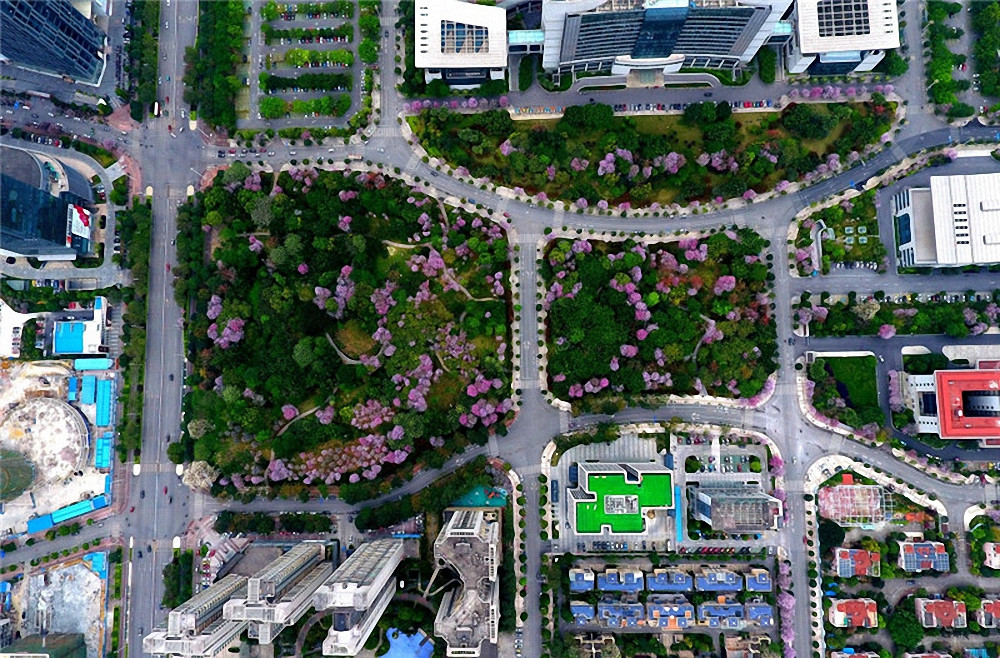'Acid rain city' cleans up its environment
 0 Comment(s)
0 Comment(s) Print
Print E-mail China Daily, November 30, 2018
E-mail China Daily, November 30, 2018
Liuzhou, an industrial center in Southwest China once riddled with acid rain, is transforming itself from a resource-consuming model to being driven by ideas and the environment.

The city, located in the Guangxi Zhuang autonomous region, emerged as an industrial power and automotive manufacturing hub in the 1990s, but had trouble with industrial emissions that harmed the environment and caused acid rain.
"Vegetables and fruits-grapes, for example-couldn't survive in the natural environment, as their leaves would be eroded by the acid rain. Bicycles would quickly become corroded if parked outside," recalled Zhao Fu, vice-director of Liuzhou's environmental protection bureau.
The city's overuse of sulfur-bearing coal in industrial production led to Liuzhou being labeled the "city of acid rain".
Stricter scrutiny of chemical emissions and treatment was carried out by the bureau over the last couple of decades after several steel plants, including Shougang Group-once one of the two biggest steel producers-was removed from Liuzhou under great pressure to protect the environment.
Any company with substandard waste disposal has been forced to close.
Guangxi Liuzhou Steel, for example, channeled more than 7 billion yuan ($1 billion) into waste gas disposal, greatly helping improve the air quality of the city. Around 84 percent of days in a year now have good air quality, according to a statement by the government.
The company has directed another 5 billion yuan to water management since 2002, with the elimination of more than 30 pipes that drain wastewater to the river.
Ten plants in the city handle about 640,000 metric tons of sewage, said Zheng Junkang, Liuzhou's Party secretary.
"The objective for us is to build Liuzhou into a prosperous city with a good environment in which people can live happy lives," Zheng said.
To improve the environment, the government launched an initiative in 2012 to make the city "gardenlike", with 270,000 bauhinia trees planted over the past six years. More flowers and trees will be planted in the next few years, as part of the new urban makeover round now in progress.
Xu Lei, a 65-year-old native of Liuzhou, was impressed by the change.
"My family members, especially my young daughter, were always complaining about the acid rain and the awful smell of chemical smoke from the steel plants. However, she now works in Shanghai, and was surprised by the beautiful scenery in Liuzhou when she came back for the National Day holiday in October," he said.
Xu said he now enjoys walking along footpaths after dinner, especially during the flowering of bauhinia trees in March.
"The blossoms show that Liuzhou is getting a better environment," he said.Huang Xuhui, chief engineer of the city's parks and woods bureau, said that economic benefits can't be acquired by sacrificing the environment.
"The trees and flowers we plant matter greatly to people," she said.






Go to Forum >>0 Comment(s)